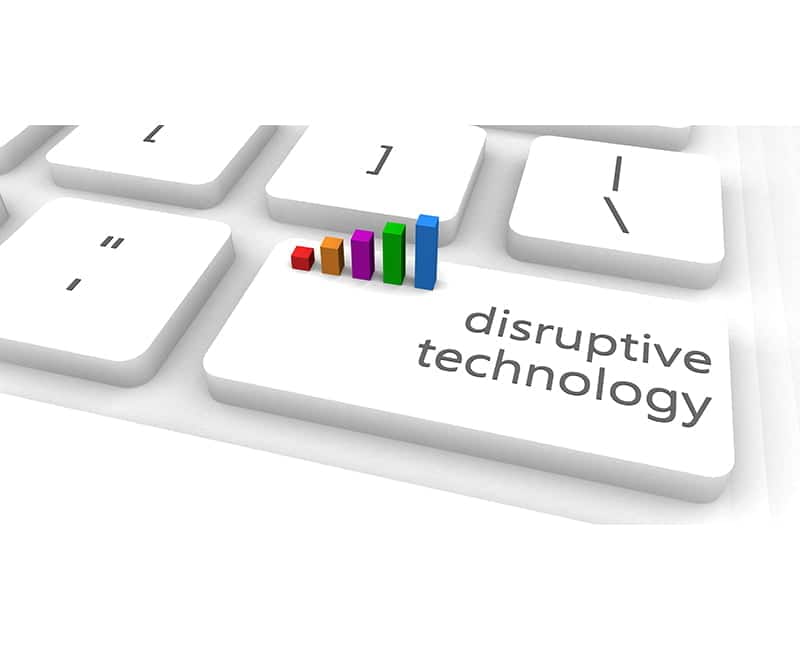The expansion of IT into new disruptive technologies is expected to bring a boom of sorts to the IT job market globally in the coming years.
To support emerging cognitive technologies such as cognitive computing, cognitive automation and robotics process automation, technology companies expect to increase hiring in several functions, including management, over the next 3 years, according to a new report by KPMG International, the audit, tax and advisory services organization.
The report, “Innovation convergence unlocks new paradigms,” provides insights and highlights key findings about innovation and emerging technologies from two surveys – KPMG’s 2017 Global CEO Outlook and KPMG’s Global Technology Industry Innovation survey.
Over 75 percent of tech CEOs surveyed said they expect to increase headcount in IT to support the emergence of cognitive technologies; 64 percent anticipate increases in middle management; 62 percent in customer service; and 60 percent in sales and production. More than half anticipate increasing headcount in finance, research, HR, and marketing, with 43 percent expecting to add to senior management.
“The tech CEOs’ commitment to hire across the board shows the strategic value they see in cognitive technologies, and they are building the organizational structure their company will require to execute their strategy,” said Tim Zanni, global and U.S. chair of KPMG’s Technology, Media and Telecommunications practice.
Cognitive is expected to be among the most impactful technologies for businesses. KPMG’s report highlights that the Internet of Things, robotics and artificial intelligence/cognitive are the top technologies that will drive business transformation across all industries over the next 3 years, according to KPMG’s tech innovation survey of technology industry business leaders globally.
“The convergence of emerging technologies is creating new market value and displacing existing products and services,” said Zanni. “These technologies are driving profound changes in industries and business models as well as life, society and the environment.”
Yet even as disruptive technologies develop rapidly, business leaders in the innovation survey have identified the top three factors that constrain innovation: platform consolidation, the ability to demonstrate return on investment and access to capital.
For business leaders to address platform consolidation, Zanni emphasized that they must be thorough in their innovation roadmap and “should assess the major platform companies and the disruption they are leading across products, industries, and business models.” He underscored that “key considerations include defending against these platform companies, participating in their ecosystem, or becoming a platform.”
The impact of disruptive technologies is driving companies across industries to consider new ways to address and navigate the disruption. In the new report, KPMG defines its vision of the 21st century enterprise and how the workforce of the future, customer engagement, everything as a service, and the changing nature and value of assets are essential to companies finding a competitive edge.
“Platform companies are leading this revolution as the platform business model is one of the enablers of the redefined 21st century enterprise. All organizations should quickly understand that incremental innovations are not enough. This revolution requires companies to transform their organization across all functions and operations,” said Zanni.
If you enjoyed this article, you may be interested in this post on the use of AI in Human Resources





